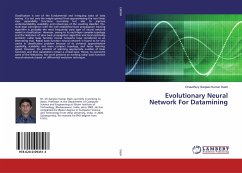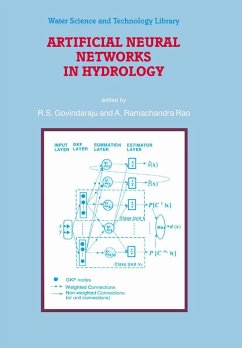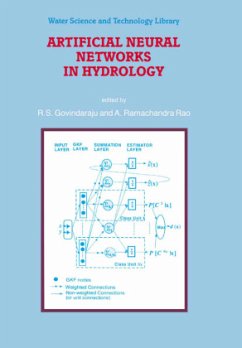
Evolutionary Neural Network For Datamining
Versandkostenfrei!
Versandfertig in 6-10 Tagen
47,99 €
inkl. MwSt.

PAYBACK Punkte
24 °P sammeln!
Classification is one of the fundamental and intriguing tasks of data mining. It is not only the insight gained from approximating the non-linear class separability functions accurately but also to improve understandability, scalability, and robustness of the resulting classifier. The multi-layer perceptron with the well established back propagation training algorithm is probably the most frequently used type of neural network model in classification. However, owing to its multi-layer complex topology and the limitation of slow back propagation algorithm and local optimality problem; radial ba...
Classification is one of the fundamental and intriguing tasks of data mining. It is not only the insight gained from approximating the non-linear class separability functions accurately but also to improve understandability, scalability, and robustness of the resulting classifier. The multi-layer perceptron with the well established back propagation training algorithm is probably the most frequently used type of neural network model in classification. However, owing to its multi-layer complex topology and the limitation of slow back propagation algorithm and local optimality problem; radial basis function neural networks have considered as an alternating tool. Radial basis function neural network is found to be very useful in classification problem because of its universal approximation capability, scalability and more compact topology, and faster learning speed. However, the problem of selecting appropriate number of basis functions and their parameters remain a critical issue. Hence, to overcome some of the limitations, this work presents an evolving radial basis function neural networks based on differential evolution technique.












